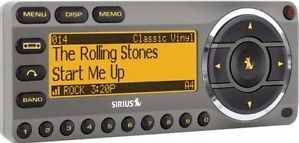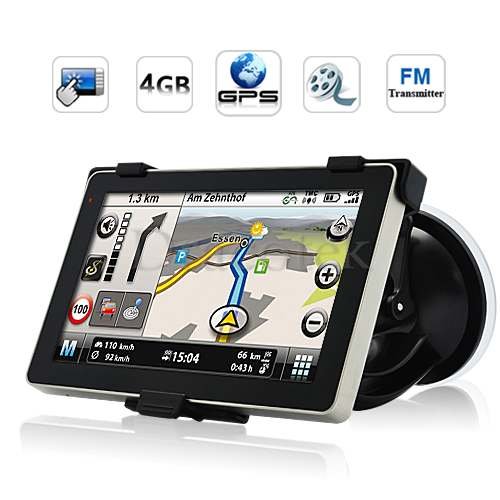Past Perfect
The past perfect is formed by combining the auxiliary verb "had" with the past participle.
I had studied.
He had written a letter to María.
We had been stranded for six days.
Because the past perfect is a compound tense, two verbs are required: the main verb and the auxiliary verb.
I had studied.
(main verb: studied ; auxiliary verb: had)
He had written a letter to María.
(main verb: written ; auxiliary verb: had)
We had been stranded for six days.
(main verb: been ; auxiliary verb: had)
Examples:
I had never seen such a beautiful beach before I went to Kauai.
I did not have any money because I had lost my wallet.
Tony knew Istanbul so well because he had visited the city several times.
Had Susan ever studied Thai before she moved to Thailand?
She only understood the movie because she had read the book.
Kristine had never been to an opera before last night.
We were not able to get a hotel room because we had not booked in advance.


.jpeg)


